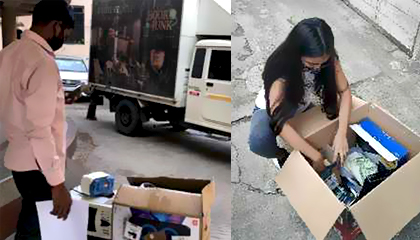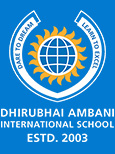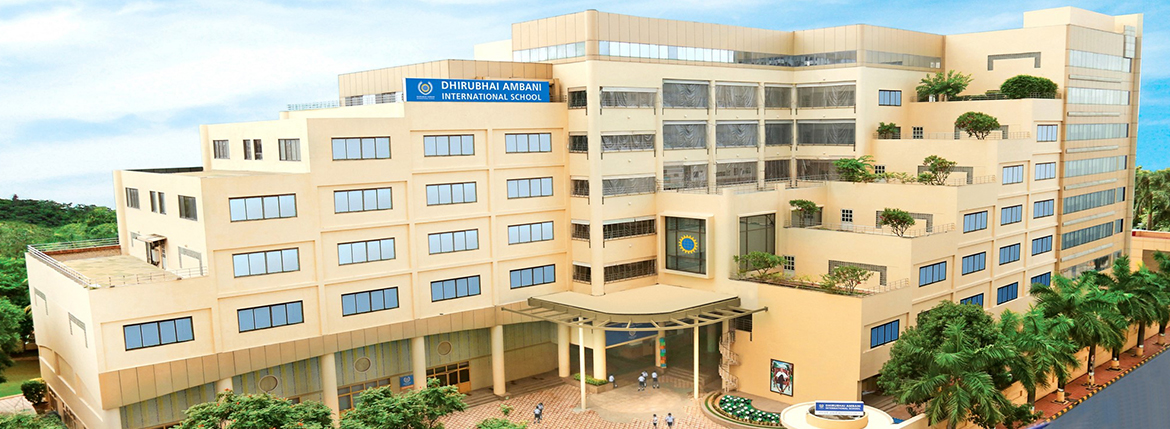E-WASTE CAS PROJECT
Electronic waste is emerging as a serious environmental and public health issue in the world right now, especially since the recent shift to virtual platforms by businesses and educational institutes has led to a surge in electronic devices purchased. As a result, we are presently generating more ewaste than ever before. India is on track to produce over 3 million tonnes of e-waste this year. What is worse is that an average Mumbaikar produces seven times the electronic waste generated by an average India. These shocking statistics, coupled with the team's collective love for the environment, inspired the idea of an e-waste club. As a part of the We Recycle E-waste project, we had two goals- the first was to start conversation and create awareness, not only among the youth but also among Indians as a whole. After raising awareness, we wanted to provide solutions, by facilitating the process of e-waste collection and disposal.
Carrying out extensive research on collection, disposal and recycling of electronic waste, our team was able to gauge the problem and the steps required to be taken. In addition, we sent out surveys to understand the extent and root of the issue. We communicated with EcoReco (a licensed
recycling agency) and made posters and fliers to promote our drive. We collaborated and formulated e-mails requesting permission from our societies. We also drafted messages to be sent as whatsapp forwards to inform people about the drive. While some of us worked on preparing a list of all valid ewaste
that people could donate, others were incredibly busy making last minute changes to the posters. We wanted everything to be perfect. This initially tedious seeming task bore fruit when we saw the number of people who showed up to enthusiastically participate in the drive. As a team, we
were incredibly successful throughout the drive. We managed to collect an average of 55 kgs of E-waste per member of the team. In total, we have collected over 350 kgs of E-waste in a 2 day drive across 7 different parts of Mumbai. A few members of our team were also able to develop regular contracts between their societies and the e- waste management organisation for monthly disposal.

Looking back on this experience, we believe we learnt a lot. We made a tangible impact in our communities and for this we conclude that the campaign was a success. This entire process was quite rewarding for all of us, and we genuinely felt as if we had made a significant difference and played our part to contribute to helping the environment.


